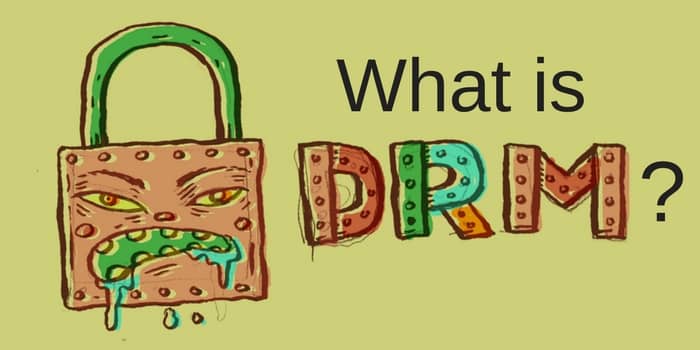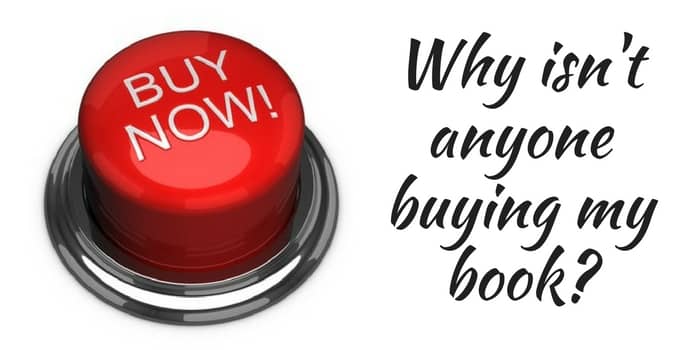
The publishing world is full of hypocrites
I rarely get upset and resist using my blog as a soap box, but hypocrites, charlatans and snobs do sometimes just become too much to swallow. It is an unfortunate fact that there are those riding on the wave of the success of self-publishing by boldly calling themselves publishers, editors, agents and any number of other titles. Most of these have surfaced since the advent of ebook
Most of these have surfaced since the advent of ebook self-publishing and use free online self-publishing and POD tools and services, yet find it necessary to systematically denigrate, criticise and damn self-publishing.
I read a blog post recently that epitomised this new facade in publishing that is really starting to aggravate me. If it were the only piece of baseless vitriol I had read, I wouldn’t comment. But having now read almost daily doses of this kind of humbug, I can’t stay silent.
Bashing self-published authors has become a sport for some who believe they are more noble and regard themselves as members of some higher literary elite. I could understand this if they were from New York or London’s publishing establishment, who are by the way demonstrating that they understand how publishing is changing and have accepted self-publishing as a fact of life, and indeed, are profiting by snatching some great self-published authors and adding them to their stables as well as buying vanity and self-publishing companies.
But no, these vindictive and bitter attacks on self-publishing are coming from those who are what I can only call home based hobby publishers and unqualified kitchen table editors who are usually self-published authors who just refuse to admit that they are that, yet offer their services to authors as if they were qualified industry professionals.
It doesn’t take long to do a bit of background checking, and the post that upset me read as if this publisher was a century old member of the publishing establishment, and then set about damning all self-published authors and the inferiority of their books.
This particularly savage piece was written under the guise of an editor and publisher, by someone who works in a full-time job totally unrelated to publishing and has no qualifications that are related to publishing, editing, literature or writing, but has a very small publishing company on the side. This company sells very few books and lists the owners’ books that rarely sell, as their bestsellers. Not to put a too finer point on it, a facade. And worse, pretentious snobbery to boot.
There are now just so many small publishers and editors trying to make a buck from hopeful and hard working authors by promising professional services. Of course, there are some good ones, but be careful and do some checking before you sign over your hard work to someone who will do no more than you could do yourself, and often far less. I know a number of authors who have experienced the disappointing results of having their books published by small publishers and after parting company, enjoy far more success by self-publishing.
Let me just say that I’ve been self-publishing for a very long time and it would take me all of one hour to register a publishing company. I could register myself as an editor while I was at it if I added another ten minutes. But I haven’t. The reason is that I’m very content being a self-published author because I love the independence it gives me and I am very proud of what I have managed to achieve.
I don’t need to hide behind the facade of a ten buck publishing company then criticise my own to make myself feel superior. I just get on with what I love doing. Writing books, supporting and encouraging self-published authors, and I’m very proud to say, I love doing it.
For those who continue to pointlessly criticise and attack self-publishing, I’m sorry, but they only prove their inability to understand and adapt to the new realities of publishing.




I couldn’t agree more. There are some excellent self-published books on the market, and there is some total dross, which has been ‘published’. Hopefully the old adage, ‘the cream always rises to the top’, will eventually ring true as more and more people become indie authors, and new routes to market become available. It will be interesting to see how the industry changes over the coming years.
Thanks for your comment Clive. It is also true that all forms of publishing deliver good, bad and total dross and have done so ever since moveable type was invented. So what’s new?
I agree with you, Derek. I am very open about being self-published. I love the freedom it gives me. I love having total control over my works. I won’t give that up for anything in the world. Not even a contract from a traditional publisher. To me contract = slavery. And yes, I am a control-freak.
You are so right Niki. I know a traditionally published author who had no control over the cover design. The cover designer put the wrong character into the wrong environment, and nothing about the cover truly reflected the story. It went to print like that. As much as a book shouldn’t be judged by its cover, in reality it is, and big time.
So right Niki. But it’s a choice, and I would certainly never dissuade authors who want to go the small or big publisher route from following their dream. But I would be a proper creep to the criticise them for making that choice. Luckily we have the freedom to choose now.
Derek,
After having a brief encounter with a small press publisher, I am now an indie and darned proud of it. Like yourself and Niki, I relish being in full control of my own writing. Would I ever consider going back to a publisher? Never, not in a million years. ;)
Welcome to our wonderful world Jack!
Something very similar to this attitude that Indy publishers/writers are less than legitimate went down in the 1940s and 1950s in regards to Science Fiction being a illegitimate literary genres. It was effective enough that SciFi was consider the bastard child of real literature for decades. But in this day of the internet that type of character assassination won’t fly for long. My theory is this: If you manage to write and self-publish an ebook that is good enough or popular enough, not necessarily the same, then one of the “Big Six” will eventually come to you hat and check in hand. That’s my plan and it should work that way for all Indies.
Agreed. I find your work informative and most appealing among all the authors I follow. It gives me more of a fight knowing somebody can self publish. I’m on my way.
Good luck Brent. And may the self publishing force be with you! lol :)
This reminded me of the flap over Shanon Hale’s recent assertion that her traditionally published brethren (& sistern) are professionals while indies are merely amateurs. She likened it to a comparison between a hollywood movie and a youtube upload(are there really that many hundred million dollar book releases?).
I’m sure there are a lot of folks with similar attitudes and many may not even realize it until they accidentally stick their head into a hornets nest with a carelessly crafted blog post.
You’re right though, the time for getting away with that kind of attitude is long past.
It’s funny you mention Hollywood Andrew. One of my favourite US movie film producers is Jim Jarmusch. If ever there was an Indie that proved the artistic merit of staying outside the ‘system’ it is him.
As usual, I agree with everything you say, Derek.
One of my biggest bugbears is the indie author who publishes 3-4 books and then sets him/herself up as an editor. Editing is not easy and takes a special kind of knowledge-based training and skill – and years of practice. Many of these self-appointed ‘editors’ are not even proficient proof-readers.
As for those who knock indie publishers, I never read what they say. I prefer to read the rebuttals, like your post above. Thanks for fighting my corner for me – again :)
JJ – the person in question will come to regret running off at the mouth by attacking all writers beyond traditional publishing. If he hoped to attract more to his own stable by his vicious attack, I’m afraid he lost big time. :)
I understand your frustration with such morons, Derek, but at least we have the satisfaction of knowing that they will, at some point, crash and burn.
Though I agree with most of this blog I don’t think that that’s the problem.
It appears, the ‘real problem’ are Internet marketers who offer “free tools to publish your book.” That encourages even people who know that writing isn’t their #1 talent (or interest) to pen and publish books.
Whereas “dedicated indie authors” hone their craft, starting in 2016, ‘pen pushers’ who don’t even read themselves let alone hone their writing skills have entered the market.
Their motto: “If it’s free – let’s try it; maybe we’ll get rich like E.L.James.”
That gives reason and motive to blog about the “lousy quality of self-published books.”
In 2016, one million books were published in the US.
Most self-publishers market their book in some form via tweeting, tweet campaigns, Facebook postings, blogging.
e.g. Every day, 6+ millions blogs get published. Right now it 9:30 EST and more than 2 million blogs have been published – today!! => http://www.worldometers.info/blogs/
The millions of blogs, tweets, and promotional postings of people who “just want to see” if they can score a bestseller take up space, a lot of space, in ebook stores and on social media sites, as well as reading time.
Also, let’s not forget that authors of sub-par books are the first ones to try to get fake reviews which causes more problems on the backend.
If ebook retailers had an some form of quality control, things could and probably would be easier for dedicated indie authors..
Wow, Gisela,
That blog meter makes my head spin!
Yep, Derek,
in part these are blogs penned by authors who blog to attract readers. This does not work any longer
just like the sign-up form. Who has time to read between 10 and 15 blogs every day? And, books too?
Most certainly, I don’t want to defend anybody who attacked the indie author publishing scene but the truth is – there are really two scenes!
1) dedicated indie authors who hone their craft, strive to get better every day; people who understand that ‘writing is an artform’
2) people who don’t even read, who know very little about writing, and who consider writing and publishing a cool hobby. “If it’s free – let’s try it; maybe we’ll get rich like E.L.James.”
So, without defending whoever wrote the piece that irked you (I haven’t read the blog you were referring to) there is some truth to this. Even though I select the books I read carefully, my decline-and-throw-out rate has gone up from 10% to 20, maybe even 25%.
It’s time to stop encouraging everybody and their uncle to write a book.
The people who do are hurting the industry in more than one way, Not everybody was born to be a writer, especially, if they aren’t will to learn writing.